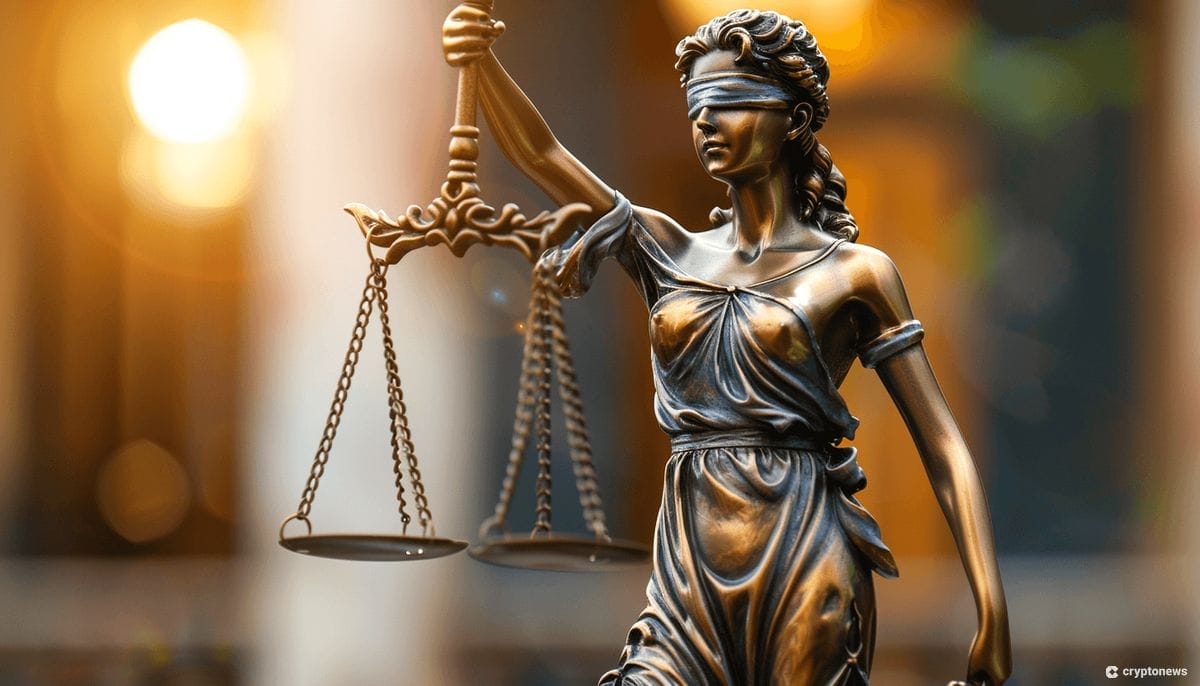As uncertainty looms over the classification of Solana (SOL) by the United States Securities and Exchange Commission (SEC), recent developments in the ongoing lawsuit against Binance have shed some light on the matter. Despite the SEC retracting its request for a court ruling on whether Solana is a security, experts like Jake Chervinsky caution against presuming that the SEC has definitively classified SOL as a non-security. Chervinsky believes that the SEC’s decision to avoid discovery on a dozen tokens in the Binance case is likely a litigation tactic rather than a policy change, noting that the SEC still refers to these tokens as securities in other exchange cases.
In its latest court filing, the SEC sought to amend its complaint regarding “Third Party Crypto Asset Securities” in the Binance case, indicating that it no longer seeks a judicial determination on the security status of tokens like Solana. This move prompted analysis from experts like Miles Jennings and Justin Slaughter, who urge against overinterpreting the SEC’s actions. Slaughter emphasized that the SEC’s filing does not signal a definitive decision on Solana’s security status but rather a strategic move in the Binance case. Jennings added that Judge Amy Berman Jackson’s stringent requirements for establishing the Howey test in the case may have influenced the SEC’s decision to retract its request.
The SEC’s lawsuit against Binance included several tokens, such as Solana, Binance Coin, Cardano, Polygon, The Sandbox, Decentraland, and Axie Infinity, all of which were identified as securities. Notably, the SEC has classified at least 68 tokens as securities at different times, impacting a significant portion of the cryptocurrency market. On a separate note, a coalition of seven U.S. states, led by Iowa Attorney General Brenna Bird, has challenged the SEC’s regulation of cryptocurrencies, arguing that it constitutes a “power grab” that could hinder innovation and exceed the agency’s authority. This challenge highlights the ongoing debate surrounding the regulatory framework for cryptocurrencies in the United States.
SEC Commissioner Hester Peirce, known for her pro-crypto stance, has acknowledged the challenges faced by industry participants due to the lack of clear regulatory guidelines. Peirce highlighted the need for clearer rules to enable industry players to focus on innovation and development rather than constantly navigating legal uncertainties. The SEC’s recent closure of investigations into companies like Hiro Systems and stablecoin issuer Paxos without pursuing enforcement actions indicates a shift in approach towards the crypto industry. Overall, the regulatory landscape for cryptocurrencies in the U.S. remains complex, with ongoing debates and legal challenges shaping the future of digital asset regulation.































